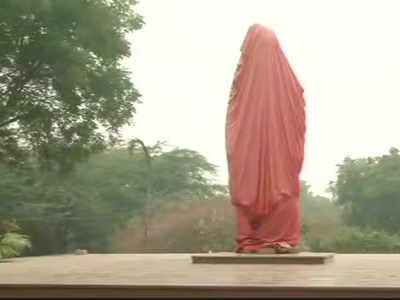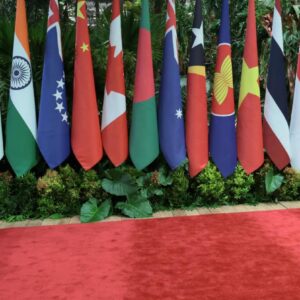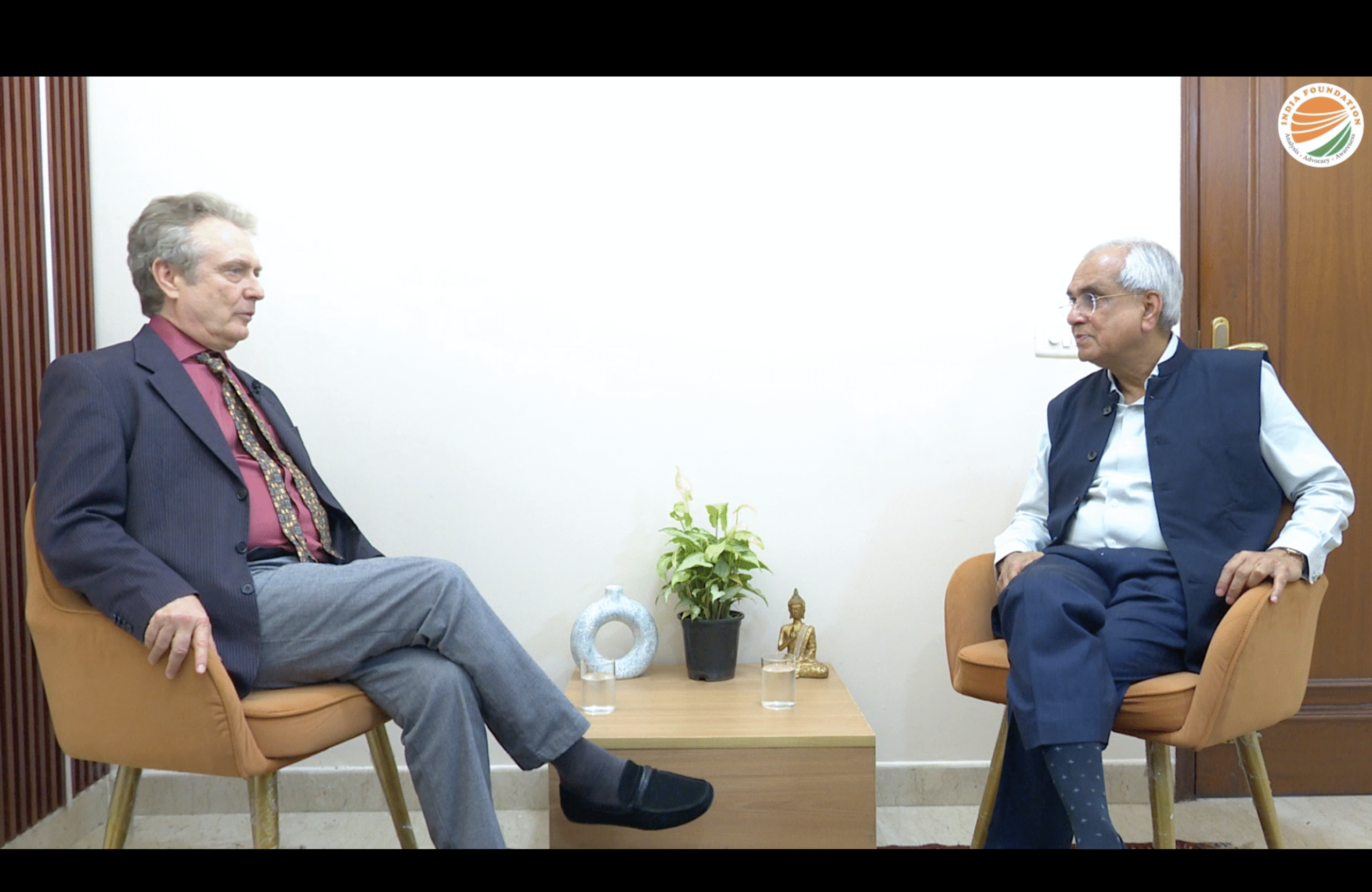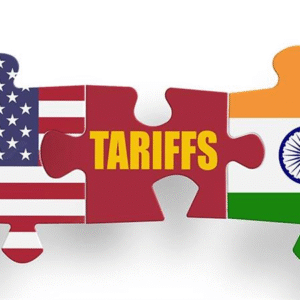For one reason or the other, Jawaharlal Nehru University (JNU) has been making much news in recent years, most of it being non-flattering. A flashpoint was reached in February 2016, when virulent anti-India protests by certain ultra-leftist groups took place in the campus. Since then such protests have continued sporadically till date. More recently, we have seen protests which began against the hike in hostel fees and which have now disfigured into political stand-offs. Over the last few years, campus politics in JNU have been on the boil, causing serious disruptions to academic work and research, and also to the routine functioning of the university administration.
Campus disruptions are causing a serious negative impact on the students in JNU, with complete violation of academic calendar through disruption of semester examinations, stoppage of the registration process and shutting of classes. As a former JNU alumnus, I remain concerned and pained by the deteriorating academic environment in the campus, which have caused serious security threats for the students, faculty and other staff in JNU.
The gravity of the situation has elicited condemnation and requests to restore peace even from two senior members of the Union Cabinet under the Modi government, who have been alumni of the university in the past. A similar plea has been made by other distinguished people including the Nobel Laureate Abhijit Mukherjee. Analyzing the issue of violence in the JNU campus and other university spaces, around 200 academicians have recently written a letter to Prime Minister Narendra Modi, expressing their anguish and concern at the deteriorating academic ambience in the country led by a ‘small coterie of left-wing activism’. (ToI, 13 Jan 2020)
The bigger question, however, remains. Why has the JNU campus become the nucleus of such antagonism? A campus, which once was nationally acclaimed as a seat of ‘debate and discussion’ is today making it to the news only for the consistent violent protests against its administration defying the spirit of student activism and politics?
To understand this situation, it is imperative to look back to 2014, when the Indian general election results brought the Modi government to power at the Centre and then in subsequent states as well, to the larger unease and disapproval of left-wing forces in JNU. Having thrived on the narrative of ‘secular versus-communal’ left-leaning intelligentsia has always shown a kind of ‘political untouchability’ to other ideological forces and schools of thought in the country. As the ‘nationalist school’ occupied a central space in the mainstream politics and started commanding its new role in the academic discourse and intelligentsia, the leftist forces in JNU were confronted with a new challenge, which today they are trying to counter through force.
In the last few years, the academic discourse in the country has been seen a shift towards ‘Indic ideas and values’, which for long have been ignored by the leftist intellectual stalwarts. As this ‘ideological contest’ became sharpened and assertive post-2014, it has completely changed the Indian political landscape over the past few years, making it polarised between the Right and the Left. JNU being the ‘nerve centre’ of left-wing ideas and politics has formed a flashpoint for this contest. The successive electoral victories of the BJP, to the clear dissatisfaction of leftist forces, who in their ignorance and conceit, considered themselves the intellectual vanguards of liberalism in India, has furthered this dissatisfaction. The on-going JNU protests are a mere extension of the same in the name and pretext of fee hike, which already has been rolled back and revised, as per the genuine demands of the students.
Moreover, under the present Vice-Chancellor of JNU, the fundamental character of the institution, which for long was dominated by the Left, has witnessed many changes. On the level of social and academic activities, the narrative has shifted from politics of appeasement, secession and divisiveness to an increase in talks on a range of issues like national security, border management, Indian Diaspora, Act East policy, inclusive growth and economy, global governance reforms and counter-terrorism. Along with the above, ideas from the Indic schools of thought like integral humanism, decolonizing of Indian minds, cultural nationalism, Indian spiritualism, universal peace and brotherhood are at the forefront of discussions in JNU.
Besides, at the level of student politics also, the so-called principle of left unity has failed to survive the rising nationalist forces at JNU, making ABVP the ‘single largest student force’ in the last two JNU student elections. Around this transformation, the VC and his team have bravely faced up to the worst forms of student abuse and agitation. He also introduced new courses in engineering and management, along with many new student-friendly initiatives on the campus.
Interestingly, given this wave of transformation within JNU, and in order to protect what some call as the last citadel of the Left in India, student politics in JNU is being misguided and disoriented towards continuous disruption and resistance against the establishment by some radical groups. These are the same ultra-leftist organisations that have built an unwarranted narrative and protest politics in the name of events that celebrate attacks on CRPF camps that killed 72 Indian soldiers, mourn the deaths of Afzal Guru and Yakub Memon, support demands of secessionists in northeast India andorganise ‘Mahishasur Diwas’ and ‘beef festival’ just to flare up campus politics based on the most dreadful of ideas.
The same happened in 2017 at Ramjas College, DU, when in the name of the right to debate these groups had a clash with ABVP activists. The manhandling of Mr Rajiv Malhotra by Leftist forces in TISS, Mumbai, greeting the then PM Dr Manmohan Singh with black flags and criticising (late) APJ Abdul Kalam’s visit to JNU campus are some examples of their politics. The list is long and exposes the utter hypocrisy of radical Left student groups.
In the diagnosis of JNU protests, one can sense the greatest challenges facing liberalism today. As argued in The Cultural Defence of Nations (Oxford, 2016) rights activists and scholars fail to recognise and celebrate the unique cultural identity of the majority, the same they argue for the minorities at large. Also, taking note from the late Prafull Bidwai’s work The Phoenix Movement (Harper Collins, 2015), the Left till date has failed to come up with a political vision that is home-crafted. If they keep peddling “meta-narratives,” and fail to acknowledge the change in the winds, then little can be done to address their concerns.
It is no doubt that ‘free spaces’ within our universities cater to a critical requirement in society. Their objective is to raise discussion and dialogue and celebrate ideas within the campuses. However, if the genuineness of issue is lost, and it largely becomes part of confrontational politics, just to create sensationalism in the name of student protests, then it is nothing but playing into politics.
– Dr Abhishek Pratap Singh holds a PhD from JNU and teaches at the Delhi University




